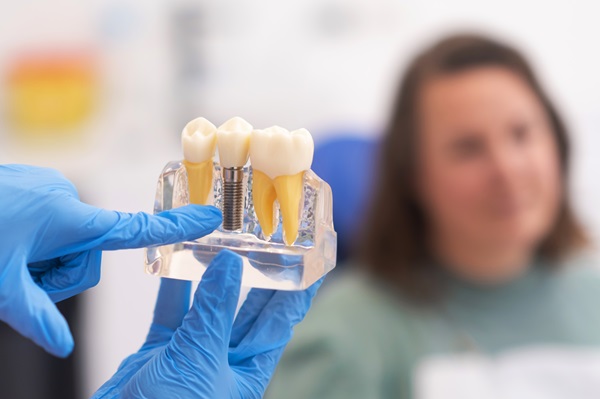Find Your Perfect Smile!
At Amana Dental, we aim to provide you and your family with the very best dental health care.

Losing multiple teeth replacement can be a challenging and life-altering experience, impacting not only your ability to eat and speak but also your self-esteem and overall quality of life. Fortunately, advancements in dental technology and treatments have made multiple teeth replacement a viable and accessible solution for those facing this issue.
Multiple tooth implants are the gold standard for teeth replacement. They involve the surgical placement of titanium posts into the jawbone, which act as artificial tooth roots.
Benefits: They provide a stable and long-lasting solution that looks and functions like natural teeth.
Considerations: Implant placement requires a surgical procedure, and the overall treatment may take several months.
Dental bridges are fixed appliances that consist of one or more artificial teeth anchored to adjacent natural teeth.
Benefits: Bridges are a non-invasive solution, offering good aesthetics and function.
Considerations: The procedure may require the alteration of healthy adjacent teeth, and bridges may not be as long-lasting as implants.
Removable partial dentures are removable appliances that consist of artificial teeth attached to a plastic or metal framework.
Benefits: They are a more affordable option and do not require any surgical procedures.
Considerations: Dentures may be less stable and comfortable compared to implants or bridges. They also need regular maintenance.
These are dentures that are secured in place by dental implants.
Benefits: Implant-supported dentures provide greater stability and function than traditional removable dentures.
Considerations: This option may be more expensive than conventional dentures and can involve a surgical procedure for implant placement.
The overall health of your mouth and remaining teeth will influence your treatment options.
Different treatments have varying costs, and it’s essential to consider your budget and any potential dental insurance coverage.
Dental implants typically offer the longest-lasting solution, but they may not be suitable for everyone.
The appearance of the replacement teeth is crucial for many patients. Implants tend to provide the most natural-looking results.
Think about how the replacement teeth will affect your ability to eat, speak, and be comfortable in your day-to-day life.
Some options, like implants, can take several months from start to finish, while others, like dentures, can be more immediate.
Multiple tooth implants can have a significant positive impact on a person’s oral health, appearance, and overall quality of life. Here are some of the key benefits of multiple teeth replacement:
multiple tooth implants is a critical decision that can significantly impact your quality of life. To make the best choice, consult with your dentist or oral surgeon, who can assess your oral health and provide you with tailored recommendations. Whether you opt for dental implants, bridges, dentures, or implant-supported dentures, the goal is to restore your smile, oral function, and confidence, allowing you to enjoy life to the fullest.

Copyright © Amana Dental 2024
Designed By StarsTechGroup.com